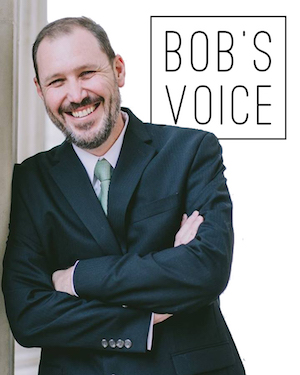
Ripple in still water When there is no pebble tossed Nor wind to blow
Late last month, the FDA released a consumer update on products containing cannabis or cannabis derivatives. It’s unclear to me what the FDA is saying. Do they have studies to indicate that CBD is toxic? Are they using the same argument they used back in 2014, that hemp derivatives are adulterants? Or is it simply a language issue – that because CBD is not on an approved ingredient list, it’s considered an adulterant by default. We need clarity.
Presently, unless the FDA can show otherwise, there are no studies indicating a degree of toxicity to hemp derivatives. In fact, last year, the World Health Organization released a report finding no public health risks for CBD, effectively putting the issue of toxicity to rest.
Three years back, on the heels of the 2014 Farm Bill passing, the FDA labeled hemp derivatives as adulterants, with the exception of hemp seeds or hemp seed oil. There’s two reasons the FDA can use to designate hemp derivatives as adulterants.
Early on, in 2014, the FDA used the Controlled Substances argument. But last year, hemp was officially removed from the Controlled Substances Act. So that argument no longer holds up. Not to mention, a precedence for this argument already played itself out in Colorado.
Three years ago, Colorado first passed the Hemp Foods Policy, which was later adopted as statute. At that time, Hoban Law Group and myself went to the Colorado Department of Public Health and Environment (CDPHE), the state FDA equivalent, and said you can’t determine that hemp derivatives are an adulterant on the basis of hemp being a controlled substance. Why? Because it was legal in Colorado. After a lot of head scratching, the CDPHE decided to treat hemp derivatives as a food or a supplement ingredient. Today, the Hemp Food Policy and hemp foods legislation has allowed Colorado to be a clear leader in hemp derivative production and serves as a model for the FDA.
The other argument the FDA may be using to designate hemp derivatives as adulterants, is that they have not been an approved ingredient, a recognized dietary ingredient or an approved nutritional ingredient. If they’re not on the list, then by default they are adulterants. But that doesn’t mean they’re poisonous or truly toxic.
